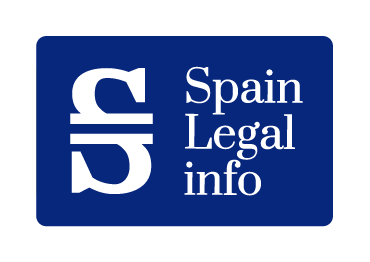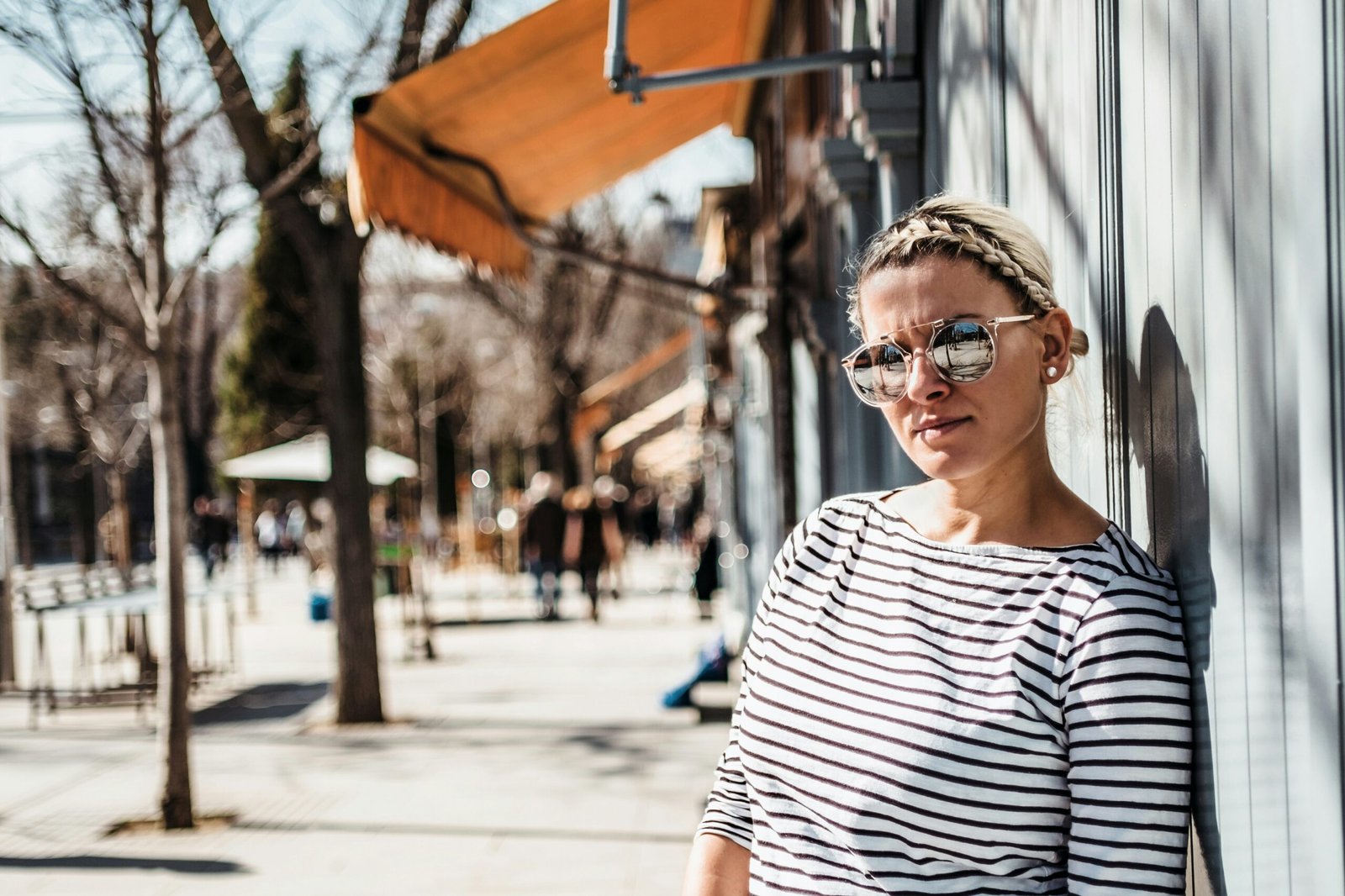Understanding the Visa Process
Before you embark on your journey to Spain, whether for work, study, or a temporary stay, grasp the essentials of the visa application process. This understanding will ease your preparation for the spain visa interview and enhance your chances of a successful application.
Types of Spanish Visas
Spain offers various visas tailored to the purpose of your trip and the duration of your stay. Here’s a quick overview:
- Short-term Visas (Schengen Visa): For stays of up to 90 days within a 180-day period. This includes spain tourist visa, business, and transit visas.
- Long-term Visas: For stays exceeding 90 days. These encompass spain work visa, spain student visa, spain residence visa, and visas for family reunification.
- Special Visas: Spain also offers visas for special categories such as spain visa for remote workers, spain visa for investors, spain visa for entrepreneurs, and spain visa for retirees.
Each visa type has specific visa requirements for Spain that you must meet to be eligible. Ensure you select the correct visa category that corresponds with your travel intent.
Application Timeline
The application timeline is a critical component of your visa process. Here’s what you need to know:
- Application Submission: You must submit your visa application in person no more than 180 days in advance.
- Biometric Information: The process includes an initial interview to collect your biometric information.
- Consulate Interview: A second interview will take place at the Spanish consulate. Note that Honorary Vice Consulates of Spain cannot issue visas.
| Step | Description | Timeline |
|---|---|---|
| Application Submission | In person, with appropriate documents | Up to 180 days before travel, at least 15 days prior |
| Biometric Interview | Collection of biometric data | Scheduled post-application submission |
| Consulate Interview | Interview at the Spanish consulate | As advised by the consulate |
Remember, the spain visa processing time can vary, so it’s prudent to apply well before your intended departure date. This will accommodate any unexpected delays and ensure you have your visa in hand before your trip.
For more detailed information on the application process, required spain visa documents, and spain visa fees, you can refer to the spain visa application process. Additionally, if you need to extend your visa, familiarize yourself with the spain visa extension process.
Preparing for Your Interview
Before you step into the consulate for your Spain visa interview, thorough preparation is key to a successful application. Here’s what you need to know to ensure you’re adequately prepared for your interview.
Documentation Required
During your Spain visa interview, you’ll be required to present a variety of documents to support your application. Ensure you have the following paperwork in order, as this will demonstrate your eligibility and intentions:
- A valid passport with at least two blank pages for the visa stamp
- Completed and signed Spain visa application form
- Recent passport-sized photographs that meet the Schengen visa photo criteria
- Proof of travel insurance covering the entire Schengen area with a minimum coverage amount
- Flight itinerary with entry and exit dates from Spain
- Proof of accommodation, such as hotel bookings or a letter of invitation from a host in Spain
- Employment verification or offer letter (for Spain work visa applicants)
- Enrollment documents (for Spain student visa applicants)
- Financial statements to demonstrate sufficient funds for the duration of your stay
Remember to check the visa requirements for Spain for a complete list of the necessary documents, as these can vary depending on the type of visa you’re applying for.
Financial Requirements
One of the critical aspects of the visa interview process is proving that you have adequate financial means to support yourself during your stay in Spain. Be prepared to show:
- Bank statements from the past three to six months
- Payslips, if employed
- Income tax returns, if applicable
- Proof of financial assets, investments, or property ownership
Financial stability is a significant factor in visa approval, so ensure your financial documents are up-to-date and accurately reflect your economic status.
Accommodation and Itinerary
A well-defined travel plan is essential for the visa interview. You will need to provide:
- Detailed itinerary of your trip, including dates, destinations, and purpose of visit
- Confirmed hotel reservations or a letter from your host if staying with friends or family
- If applicable, tour booking confirmations or event tickets
For those planning a longer stay, such as for work or study, you might also need to show a rental agreement or proof of residence arrangements.
Your travel itinerary not only maps out your plans but also reassures the consulate of your intentions to return to your home country. For insights on creating a compelling travel plan, visit our guide on navigating the interview.
In sum, being well-prepared with the required documentation, demonstrating financial stability, and having a detailed itinerary are crucial steps in your Spain visa interview preparation. By presenting a complete and organized application, you can feel confident as you step into the consulate for your interview. For additional resources and advice on the visa process, explore spain visa documents and spain visa application process.
Navigating the Interview
The Spain visa interview is a crucial step in the application process. It’s your opportunity to provide verbal confirmation of the details in your written application. Be prepared to answer questions regarding your travel plans, financial stability, and ties to your home country.
Common Questions
During the interview, you can expect to be asked about the purpose of your visit, your travel itinerary, accommodation arrangements, financial means, and medical insurance for the visit. It’s essential to answer these questions clearly and with confidence. Here are some common questions you might encounter:
- What is the purpose of your visit to Spain?
- Can you show proof of your accommodation and financial means?
- What is your travel itinerary?
- Do you have travel insurance coverage for the Schengen area?
For more detailed information on what to expect, visit visa requirements for Spain.
Demonstrating Ties to Home
One of the key factors during your interview will be demonstrating strong ties to your home country. This could include your job, family, property, or any other obligations that show your intention to return home. Be ready to provide evidence such as:
- Employment contracts or letters from your employer
- Property deeds or rental agreements
- Family ties, such as marriage certificates or birth certificates of your children
Intentions to Return
The consulate officer will assess your intentions to return to your home country post-visit. You may be asked direct questions about your plans after the trip. Your answers should align with the information provided in your Spain visa application form and should reflect a clear plan to return. Consider the following points:
- Duration of your stay in Spain
- Your professional, educational, or personal obligations that require your return
- Any specific dates or events that you need to return for
We listed the most recommended professionals on this field. So you can have a smooth and worry-free experience with your paperwork in Spain. Provide your contact details and they will reach you out to learn about your case.

After the Interview
Once your Spain visa interview concludes, the anticipation of waiting for a decision begins. Understandably, you might be curious about the potential outcomes and how to handle any delays or denials that may arise.
Potential Outcomes
After your visa interview, there are generally three possible outcomes:
- Visa Approval: Your application meets all the requirements, and the consular officer grants you the visa. The visa will be affixed to your passport.
- Pending Additional Documentation: You may be asked to submit additional information or documents before a final decision is made.
- Visa Denial: The consular officer determines that you are ineligible for the visa based on the information provided or due to certain legal restrictions.
You will be notified of the decision and any next steps. If approved, you should receive your visa within the Spain visa processing time, which can vary depending on the consulate’s workload and other factors.
| Outcome | Description | Next Steps |
|---|---|---|
| Approval | Visa is granted | Collect your passport with the visa |
| Pending | Additional documentation required | Submit the requested documents |
| Denial | Visa is not granted | Understand the reasons for denial |
For specifics on the visa type you applied for, such as a spain student visa or spain work visa, check the relevant sections on our website.
Handling Delays or Denials
If your visa application is facing delays, it is important to remain patient. Delays can occur due to various reasons such as high volume of applications, holidays, or additional security checks. You can check the status of your application through the spain visa appointment system or by contacting the consulate directly.
In case of a visa denial, it’s critical to understand the spain visa rejection reasons. The consular officer will provide you with a written explanation for the decision. Common reasons for denial include incomplete application forms, lack of sufficient funds, failure to prove intent to return to your home country, or security concerns.
If you believe that your circumstances have changed or if you can provide additional information that was not presented at the time of the interview, you may reapply for the visa. Ensure that you address the reasons for the initial denial in your new application.
| Scenario | Action |
|---|---|
| Delay | Contact the consulate or check online for updates |
| Denial | Review the denial notice and consider reapplication |
Remember, each application is unique, and outcomes can vary based on individual circumstances. For further assistance on the spain visa application process or in case of a denial, you may seek advice from immigration experts or legal counsel specializing in Spanish visas.
Tips for Success
Securing a Spain visa involves a meticulous application process, which culminates in the visa interview. The interview is your opportunity to demonstrate your eligibility and intentions. Here are some tips for success before, during, and after your Spain visa interview.
Before the Interview
First impressions matter, and preparation is key. Ensure you have all your documents in order and fully understand the visa requirements for Spain. Here are steps to take:
- Review your application: Familiarize yourself with every detail in your Spain visa application form to avoid discrepancies during the interview.
- Gather your documentation: Compile all required documents, including proof of financial means, accommodation, itinerary, and any other supporting documents listed on the Spain visa documents checklist.
- Practice answering questions: Anticipate likely questions regarding your travel plans, background, and the purpose of your visit.
- Confirm your appointment: Double-check the date, time, and location of your Spain visa appointment.
- Plan your attire: Dress professionally to convey seriousness and respect for the process.
- Sleep well: Rest adequately the night before to ensure you are alert and clear-headed.
During the Interview
The interview is a critical step in the visa process. Remain calm and follow these guidelines:
- Be punctual: Arrive early for your interview to allow time for any unforeseen delays.
- Be honest: Answer all questions truthfully and to the best of your knowledge.
- Be concise: Provide clear, direct answers without unnecessary details.
- Be polite: Treat the consular officer with respect, regardless of the nature of the questions.
- Know your itinerary: Be ready to discuss your travel plans, including accommodation and return arrangements, demonstrating your intentions to depart Spain before your visa expires.
- Demonstrate ties: Show your strong ties to your home country, such as family, employment, or property, which indicate your intent to return.
- Stay composed: If you do not understand a question, politely ask for clarification.
After the Interview
Once the interview is over, there are a few additional steps to take:
- Follow up: If you are given any instructions or additional paperwork, attend to them promptly.
- Be patient: Visa processing can take time. Familiarize yourself with the Spain visa processing time and set realistic expectations.
- Be prepared for any outcome: If your application is approved, ensure you understand the conditions of your visa. If it’s delayed or denied, inquire about the reasons and the visa rejection reasons and explore the possibility of reapplication or appeal.
Remember, the visa interview is not just a formality; it’s a substantive examination of your travel plans and intentions. Approach it with the seriousness it deserves, and use these tips to improve your chances of a successful outcome. For further insight into the application process, see our comprehensive guides on the Spain visa application process and Spain visa extension process.




